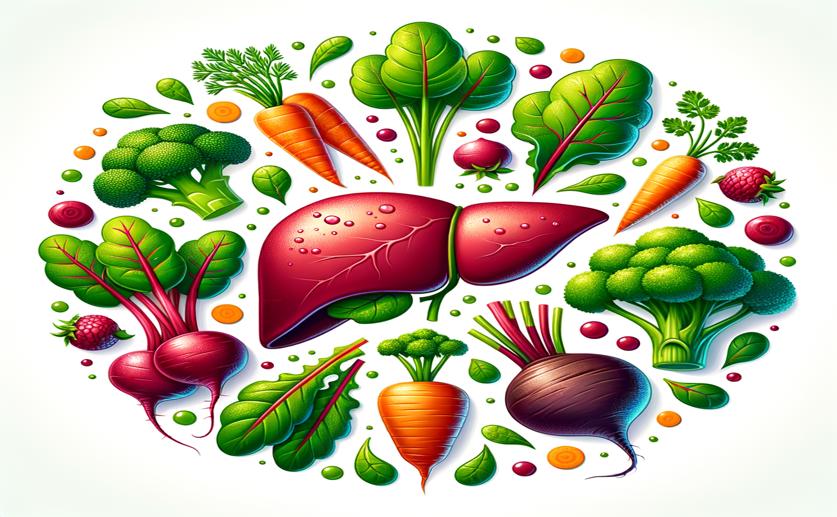
Comparing Natural Compounds in Veggies for Liver Health
Jim Crocker
11th April, 2024

Image Source: Natural Science News, 2024
Key Findings
- Researchers at Nihon University found daikon radish sprouts have high levels of a beneficial compound, sulforaphene
- Sulforaphene in daikon sprouts was shown to protect mouse livers from chemical damage
- Daikon radish sprouts may enhance detoxification more than broccoli sprouts, suggesting dietary benefits
References
Main Study
1) Comparative analysis of isothiocyanates in eight cruciferous vegetables and evaluation of the hepatoprotective effects of 4-(methylsulfinyl)-3-butenyl isothiocyanate (sulforaphene) from daikon radish (Raphanus sativus L.) sprouts.
Published 10th April, 2024
https://doi.org/10.1039/d4fo00133h
Related Studies
2) The Role of Cruciferous Vegetables and Isothiocyanates for Lung Cancer Prevention: Current Status, Challenges, and Future Research Directions.
3) Cruciferous vegetables and risk of colorectal neoplasms: a systematic review and meta-analysis.
4) The Effects of Cruciferous Vegetable-Enriched Diets on Drug Metabolism: A Systematic Review and Meta-Analysis of Dietary Intervention Trials in Humans.
5) Reactivity and stability of glucosinolates and their breakdown products in foods.



 6th April, 2024 | Jim Crocker
6th April, 2024 | Jim Crocker